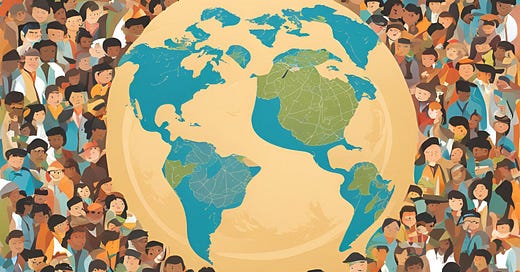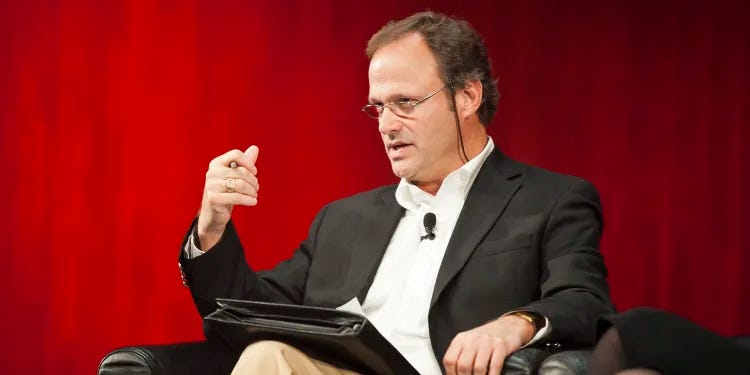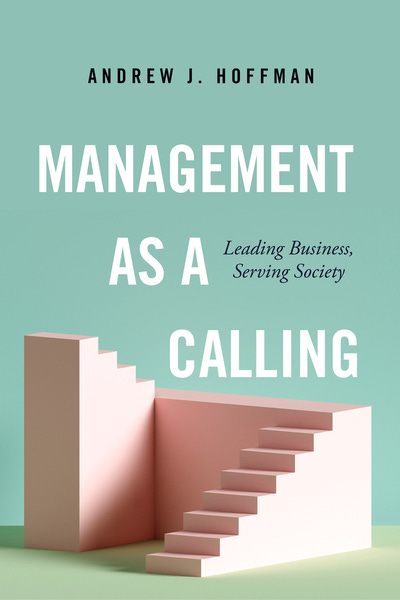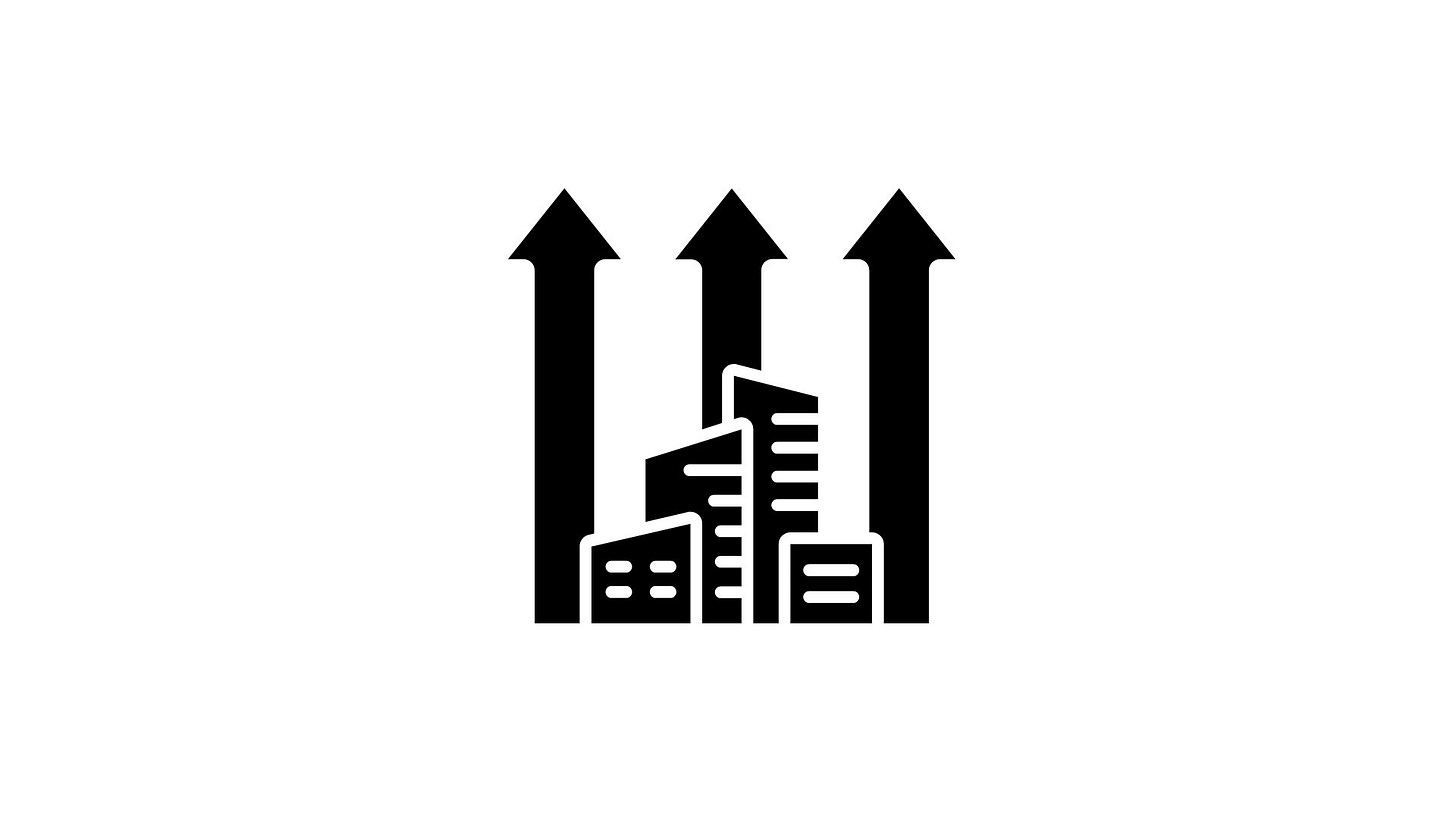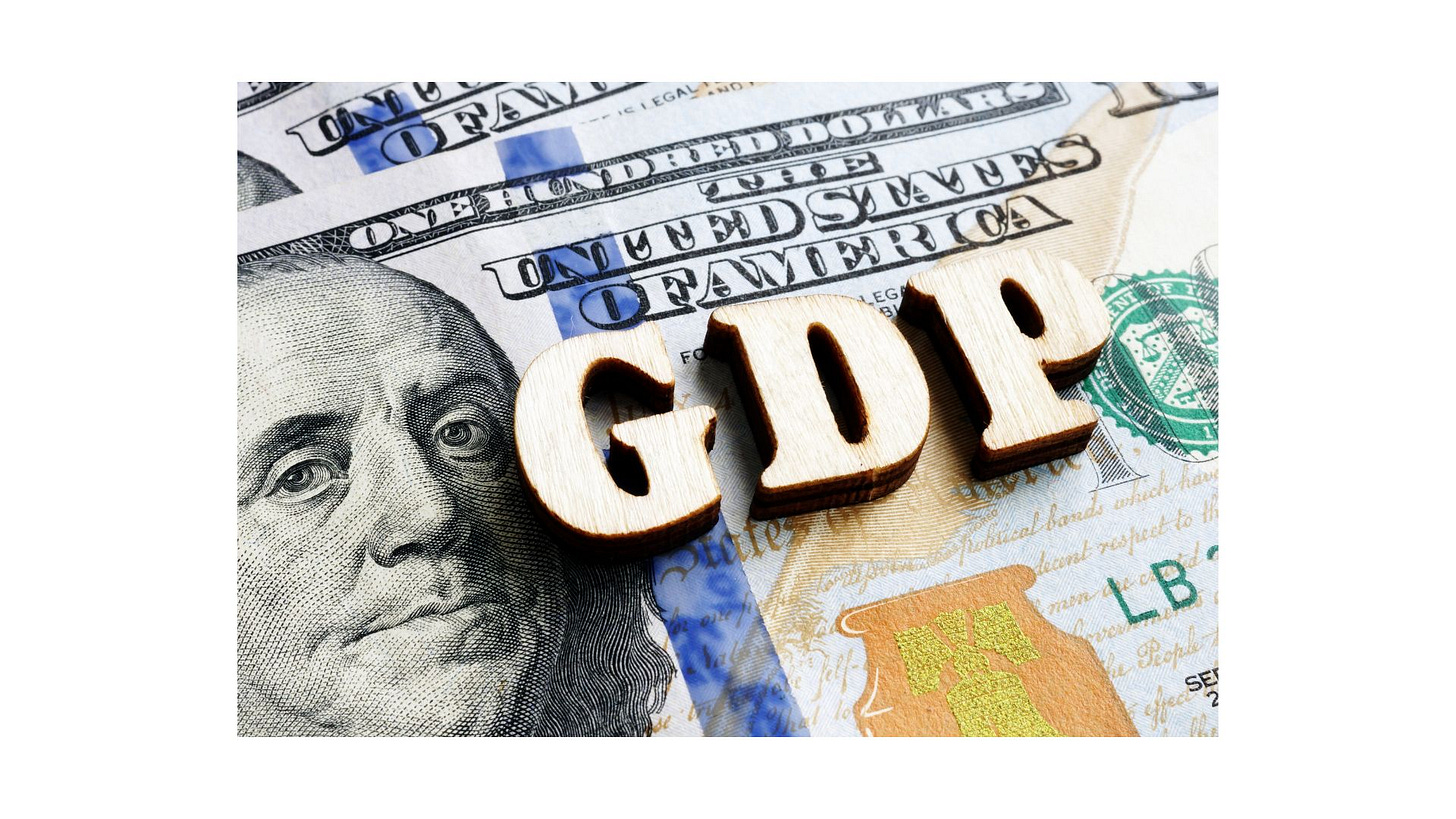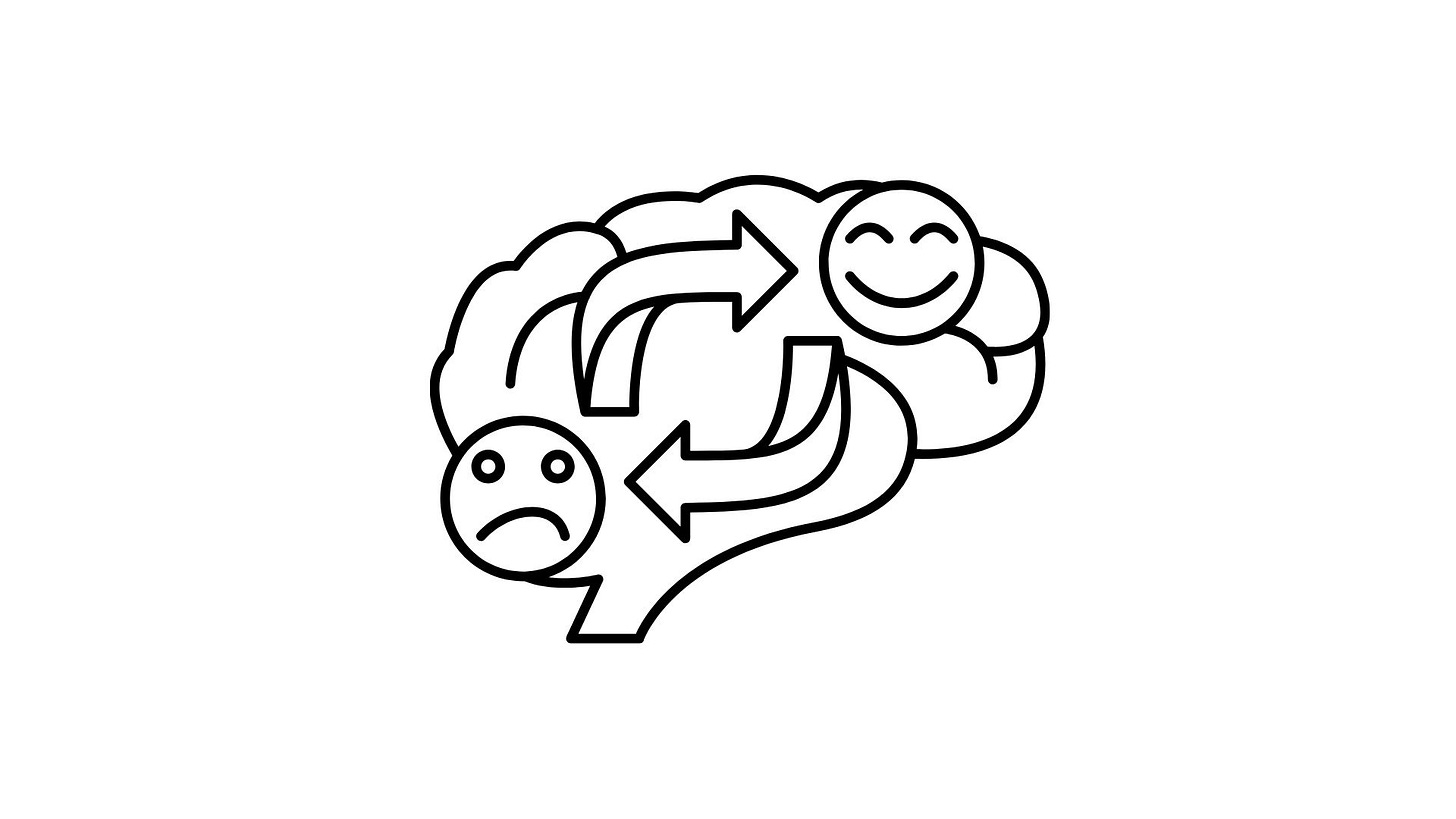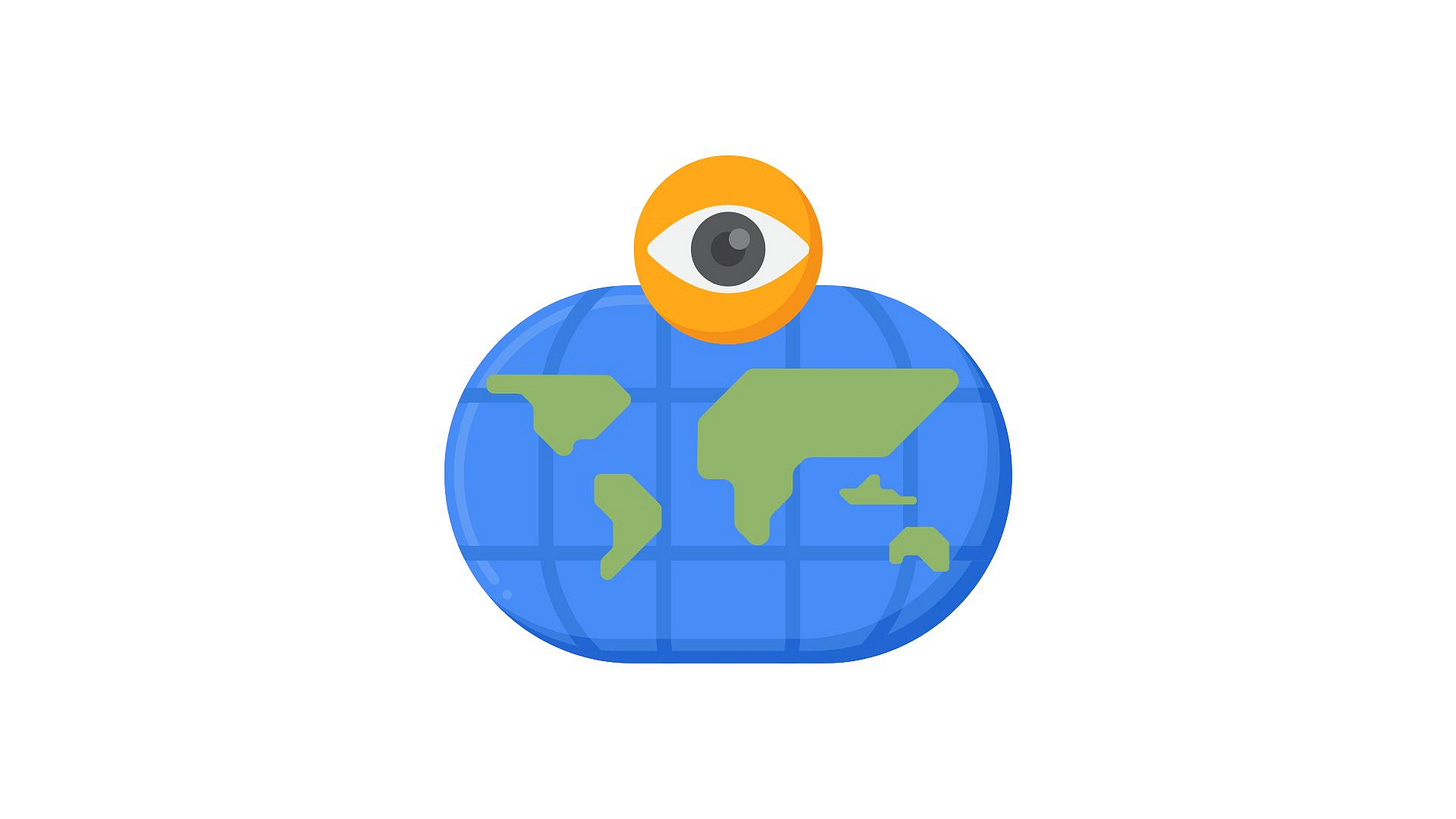The 'Great Work' for Todays Generation of Business Managers
I find myself putting my Business Hat on, as I write my first Blog of 2025.
This was instigated by my reading over the holidays.
It's rare to find a book which sweeps through a lot of subjects in a very concise and compelling way - business, economics, politics, government, social movements, technology, history, social psychology, environmental science, religion, communication, social media and futurism.
Professor Andy Hoffman has achieved this.
I mentioned this book before, and now I have carefully read it from cover to cover.
I'd love to share some of the key snippets I took away. Some of these are already making their way into the presentation I give to groups of Coaches who are concerned about our world, and wondering what they can do. It's great to have a confluence of ideas, rooted in 'Business School' norms, but which also dare to rise above the status quo of Business Schools curricula, and envision what is most needed for our world going forward.
I realise that I couldn't resist quoting extensively from Hoffman's book - so you will find a plethora of quotes. I just found it so hard to omit anything, it all seemed necessary to paint a fulsome picture. And things like 'capitalism', 'GDP, 'the natural environment as a valid stakeholder' - are not my usual talking points, or areas of expertise. My huge thanks to Andy Hoffman for providing such informed, intelligent critiques of all of this material!
By way of introduction to Andy Hoffman, he is the Holcim (US) Professor of Sustainable Enterprise at the University of Michigan; at Harvard he was also Visiting Fellow with the Institute for the Study of Business in Global Society (BiGS). He has Degrees in Engineering, and a PhD in Management/Environmental Engineering. He has been lecturing in Business Schools for over 25 years.
A VOCATION??
First off, I love the premise of the book; that 'management' can be a 'calling', a vocation; that managers and leaders can aspire to do good in the world, serve society, leave the world a better place. And that they don't need to wait until their 50s, or until some midlife event causes them to reassess their priorities; they can begin in their 20s.
Hoffman laments that Business Schools have not kept pace with the challenge of 'creating business leaders who will serve the world'.
He quotes (p129) Harvard Business professor Rakesh Khurana: (2010): Though business schools were -
“…originally founded to train a professional class of managers in the mold of doctors and lawyers to seek the higher aims of commerce in service to society,”
the modern Business School format has
“effectively retreated from that goal, leaving a gaping moral hole at the center of business education and therefore, management itself.”
He argued that
“business schools have largely capitulated in the battle for professionalism and have become merely purveyors of a product, the MBA, with students treated as consumers. Professional and moral ideals that once animated and inspired business schools have been conquered by our perspective that managers are merely agents of shareholders, beholden only to the cause of share profits.”
It is time, he concluded,
“to rejuvenate the intellectual and moral training of future business leaders.”
CAPITALISM??
Capitalism is critiqued a fair bit in the book. I'm not an economist (obviously) and I fully confess to feeling disempowered by the apparent 'smokescreens and mirrors' which abound in anything to do with economics. I really appreciated Hoffman's treatment of 'capitalism'. For example:
'capitalism is in crisis' (p3); 'One symptom of that crisis is income inequality, which is growing in epidemic proportions not seen since 1929'
'Future business leaders need to be more critical about capitalism, both as it exists and as it should exist. This proposition is much less radical than it may initially sound, and students would do well to disregard the canard that questioning capitalism is the pursuit of a communist or socialist agenda (and all the political baggage that gets heaped onto those two words). While most business education takes the form and function of capitalism as a given, capitalism is actually quite dynamic and ever changing to suit the evolving needs of society. As Fox News commentator Tucker Carlson pointed out, capitalism is “a tool, like a staple gun or a toaster. You'd be a fool to worship it. Our system was created by human beings for the benefit of human beings. They do not exist to serve markets. Just the opposite. Any economic system that weakens or destroys families is not worth having. A system like that is the enemy of a healthy society”.' (p10)
'Capitalism is not static, nor is it naturally derived like some law of nature. Through the 19th and 20th centuries, new rules were established to block monopoly power, collusion, and price-fixing. In the in the future, new rules will again be established to address our 21st century challenges of reducing or even eliminating greenhouse gas emissions, creating more equitable income scales including equal pay for women, or political lobbying for the public good and not just individual gain.'
'This may lead to accepted notions of capitalism taking some forms found in the many variants that exist - Japanese, American, and Scandinavian capitalism are very different on issues such as the role of government, collaboration, or the responsibilities of companies. Nordic capitalism, for example, provides taxpayer funded free education and free health care - an idea that is quite divisive in America - as well as generous, guaranteed pension payments for retirees.'
'Future business leaders must be taught about these kinds of variants as well as the history of capitalism, the underlying models in which they are based, and the ways in which they both serve and harm society if they are to assume any kind of role in shaping necessary improvements.' (p11)
(…there is a need to) 'move beyond the belief that human motivation and purpose are driven primarily by greed and avarice. A leader with a calling will think and act in ways that are not solely about shareholder wealth maximization. He or she will focus on influencing the overall market in which business operates, seeking solutions to economic, social, and environmental problems that are systemic in nature.
(Part 1 of the book….) 'touches on this reexamination of the purpose of the corporation. The natural environment is undergoing unprecedented and rapid changes in response to human activity, and it is the market that is creating them: changing the global atmosphere, restricting the availability of clean water, warming and acidifying the world's oceans, and causing species to go extinct. (Secondly....) our society is growing more economically unequal, and it is again the market that is making it this way.'
(p 12) ….business students are offered very little education on the mechanisms through which business activities affect the natural and social environments through resource extraction, supply chains, manufacturing, consumption, tax strategies, and political lobbying. Instead, they must be provided with some degree of natural and social scientific literacy to responsibly manage their companies.'
(p14) (Encouragingly business schools are starting to respond for example…) 'with course titles at Harvard Business School such as ‘Reimagining Capitalism’; ‘Economic Inequality’ at Virginia's Darden School of Business; ‘Alternative Economic Models’ at the Audencia Business School; and ‘The End of Globalization’ at Yale’s School of Management.'
My favourite takeaways from this section are
'capitalism is a tool, like a toaster.....you'd be a fool to worship it' and
'capitalism is not static' and 'it's not naturally derived'. It means different things in different countries around the world, and it can adapt to better serve us and our world (as we created it).
GDP??
I've had a growing discontent with the economic measure of GDP for some time now. Legacy Media Economic Correspondents seem to love this measure. I can almost feel a constriction inside myself when I hear that GDP has gone down by x% in the last month. An anxious response. Even though I don't believe anymore that it's 'the' measure! (That's how strong habits are.)
So I was fascinated to read Hoffman's critique of GDP:
(GDP (gross domestic product) a metric of economic well-being) has come under scrutiny for its focus strictly only on the movement of money. The problem is that some monetary exchanges are desirable and others are not.
'I, for example, may choose to eat all my meals at Krispy Kreme Donuts and McDonald's, and GDP will go up. Then I have a heart attack and go to the hospital, and GDP goes up. Then I die and my family pays for a funeral and burial, and GDP goes up again. Are all of these of equal value? Of course not. Does this kind of example play out in real life? Yes.'
'To find alternatives to GDP, Bhutan has instituted the Growth Happiness Index; and former French President Nicolas Sarkozy formed a Commission (including two Nobel laureates, Amartya Sen and Joseph Stiglitz) whose report recommended new metrics that shift economic emphasis from simply the production of goods to a broader measure of overall well-being that would include considerations for overcoming the ways in which GDP overlooks ......economic inequality (with the result that most people can be worse off even though average income is increasing); and the environmental impacts of economic decisions.'
(We need ….) 'compelling new business models to augment traditional ones ….such as neoclassical economics and agency theory. Both of these models are built on rather dismal simplifications of human beings as largely untrustworthy and driven by avarice, greed, and short- term thinking. As these models are questioned new ones are emerging, from regenerative capitalism to collaborative consumption, from conflict-free sourcing to the sharing economy. While these are just 4 models that have emerged as ways to reorient the economy, there are many more coming forward.'
My favourite takeaways from this section are:
How GDP 'going up' can be as a result of really undesirable things happening (e.g. I have heard it said on several occasions that war is great for GDP)
Some great minds in our world have been working on alternate economic models and assumptions for many years; it's just we don't really get to hear them. But we can become more informed about them, this I believe can give us hope.
HYPOCRITES??
Whilst we are 'of the system', living in the system, anything we utter about climate change, lowering our carbon footprint etc., is an easy target for being called hypocritical. And this is whether we speak personally, or as the leader of an organisation.
I love what Dr Britt Wray says about this: 'We are all environmental hypocrites' (i.e. because we are living within the system) and 'It's not all on you'. Very .....wise, true, and suitably comforting. (You may have heard of Dr Britt Wray - I admire her work; she is the author of 'Generation Dread'.)
I was curious to see how Hoffman would come at this point.
(As we consider talking up about climate change) ‘we need to do it without judging others, without judging ourselves, and with a clear awareness that individual action alone will not create the kinds of changes in technology, culture, and behavior that will be at a scale necessary to address this global problem. There are no easy answers, but our business schools should be teaching the next generation of leaders how to work through these complex questions.’ (p96)
(p97) ‘Instead of dividing people on environmental issues like climate change, what we need are leaders who have a vision for where we need to go as a society, can model behavior that gets us there, and display empathy for those who are unsure about following.'
'Don't judge ourselves: each of us has to begin the effort in a way that fits our knowledge, circumstances, convictions, and possibilities. We must each start where we are and learn to become aware of our impact, the way those impacts may be reduced or eliminated, and the challenges with taking action.'
'Start slow and start realistic. Real and lasting change has to be gradual and careful. Big grand changes, just like big grand New Year's resolutions, have a tendency to fail. Take that first step, but not with the goal of changing the world. Instead start your personal journey with no idea where it will take you.'
My favourite takeaways from this section are:
Business Leaders can embrace this aspect of leadership - be aware, be humble, model the behaviour you wish to see, be magnanimous (my words), paint the vision for the future, be empathic towards those who aren't yet sure
Start from where you are at. You never know where you might end up!
SHIFT IN WORLDVIEW??
I talk a lot about the need for a shift in consciousness, a different worldview - of how we see ourselves as humans on this planet.
I was interested to read how a Business School professor viewed this. I conclude this Blog with some anchoring thoughts on this shift in worldview......
Hoffman confidently asserts a need for 'a shift in societal norms and market rules / ....a challenge to the dominant norms of consumerism, shifts in the rules of capitalism, and a re-examination of the role of corporations in society' (p99)
I love that he asserts - 'you're not just a business person', (i.e. one's life runs not just on 'economic efficiency'; how true!). Hoffman: 'Some within business DO now want to tackle large systemic problems like climate change. That's a big change from even two decades ago. But....'easy solutions.....framed in the language of commerce....won't work (in the long run)'.
'Making the business case to address climate change is as absurd as making the business case to not commit (sic) suicide.'
'There are no technological or market-based silver bullets to solving our environmental problems.' 'Electric cars are good but they are still cars that require energy and resources to be built, operated, recycled, and disposed of, all of which increase our carbon emissions.
'Electric vehicles and geoengineering solutions are band-aids that don't address the root problems that lie within our culture - where we want ever larger homes, ever larger cars and we consume as we always have.' 'In the long term, we will have to change the way we think.' p113.
Hoffman quotes Aldo Leopold (1949) who spoke to the need for: 'internal change in our intellectual emphasis, loyalties, affections and convictions' p112. (Alex Leopold was a convert to Ecology, in the US, back in the 1940s.)
Hoffman urges business students to find a calling within management - serving not only shareholders but also society - employees; customers; the community; and the natural environment
He says that Corporations play an outsized role in our modern world. Hence, business leaders can have a real, meaningful impact. Corporations CAN serve society. p134.
In concluding the book, he says:
'The great work for todays generation (of business leaders) lies in correcting the flaws in capitalism - climate change, and income inequality."
And so onto the questions I am left with:
Do US Business Schools differ markedly from say UK and Irish Business Schools? I would love to hear your experience (Hoffman is obviously talking from his experience, which is a US-centric perspective)
What DOES 'corporations having a different role in society' actually look like? E.g. What would the 'different language' of the market look like, in a world where the natural environment and community are equal shareholders to other shareholders?
What will be the drivers and inhibitors of businesses adopting new economic models? (To be fair, Hoffman does talk knowledgeably and credibly about 'movements' and how 'radical flanks', in history, come to be 'normal')
What WOULD Leopold's 'internal change in our intellectual emphasis, loyalties, affections and convictions' - look like?
Lots of questions, but my, what a tour de force, and a comprehensive look at how Business operates, and how Business could be a force for good in the world. I would love to hear from you - is this helpful for Executive Coaches to know? Is this provocative? Is this nigh-on impossible to achieve? Will it be too slow to make an actual difference in our world?
....'Til Next Time....Go Well
Resources:
Hoffman, Andrew, J. (2021): Management as a Calling: Leading Business, Serving Society
Khurana, R. (2010): 'From higher aims to hired hands: The social transformation of American business schools and the unfulfilled promise as management as a profession'
Wray, Britt (2022): Generation Dread: Finding Purpose in an Age of Climate-Crisis
